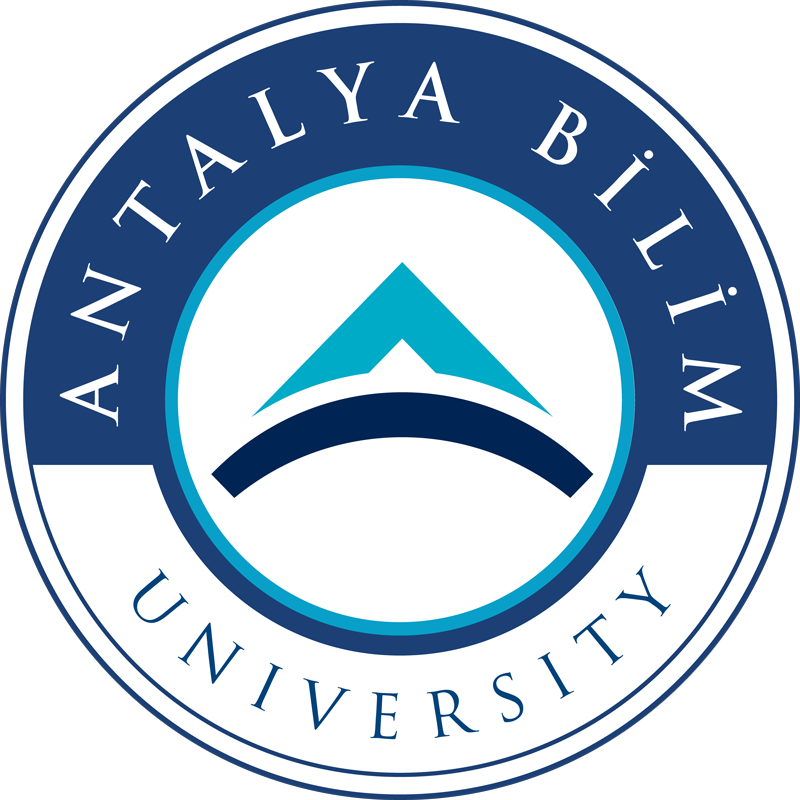Climate Change Displacement Dialogue Speaker Series
Date & Time
- 2024 Dates: SEP 25 | OCT 23 | NOV 27
2025 Dates: JAN 22 | FEB 26 | MAR 26
(Last Wednesday of each month until 2025 March)
- Time: 19:00 – 20:00
- Location: ZOOM WEBINAR
Participants at a minimum of 50% of sessions will receive a certificate of attendance from CIFAL York
Register: https://yorku.zoom.us/webinar/register/WN_Micaq34HT5Cg81xojI2iCg
The seminar series which is carried out within the scope of Antalya Bilim University, Canada York University and CIFAL cooperation will be held on Wednesday, October 23, 2024 at 19:00 and the speaker will be Assoc. Prof. Dr. Will Greaves, a faculty member of the Department of International Relations at the University of Victoria, and the subject will be migration and refugees, which are the most serious effects of climate change.
Climate change is fueling internal and international migration and refugee trends through the extreme weather events (e.g. abnormally heavy rainfall, prolonged droughts, heatwaves, and cyclones), sea level rise, water and food insecurity and associated conflicts. The United Nations General Assembly’s New York Declaration for Refugees and Migrants, explicitly recognised that displacement are happening “in response to the adverse effects of climate change, natural disasters (some of which may be linked to climate change), or other environmental factors” (UNGA, 2016: article I.1). Climate change related displacement is on top of international agenda. Estimates show that climate change related events have been linked to 23.7 million internal displacements worldwide in 2021 and it is estimated that annually 20 million will be displaced. While majority of displacement occur internally, cross border displacement is also happening. As situation can get worse during the next few decades, it is crucial to better understand the significance of the problem, here climate displaced population, researchers, and experts to reduce the vulnerability, increase coping capacity, and enhance effective planning and policy alternatives at local, regional, national, and global levels. The aim of this speaker series is to critically examine the current and future of climate displacement by hearing voices from different parts, sections, and viewpoints.
GOALS AND OBJECTIVES:
- To examine current and emerging trends and challenges of climate displacement
- To understand the impacts of climate change on internal and international displacement.
- To share lessons learnt and best practices of climate displacement in different parts of the world
- To examine the critical role of public, private and non-governmental organizations in climate displacement management
- To understand the vulnerability, equity, diversity, and inclusion aspects of climate displacement
- Examine complexities and consequences of climate displacement of vulnerable population and indigenous communities
- To examine the role of science and technology in prediction and management of climate displacement
- Analyze recent cases of climate displacement in different parts of the world
- Examine the people perceptions, reflections, choices, behaviour, and response to potential climate displacement.
